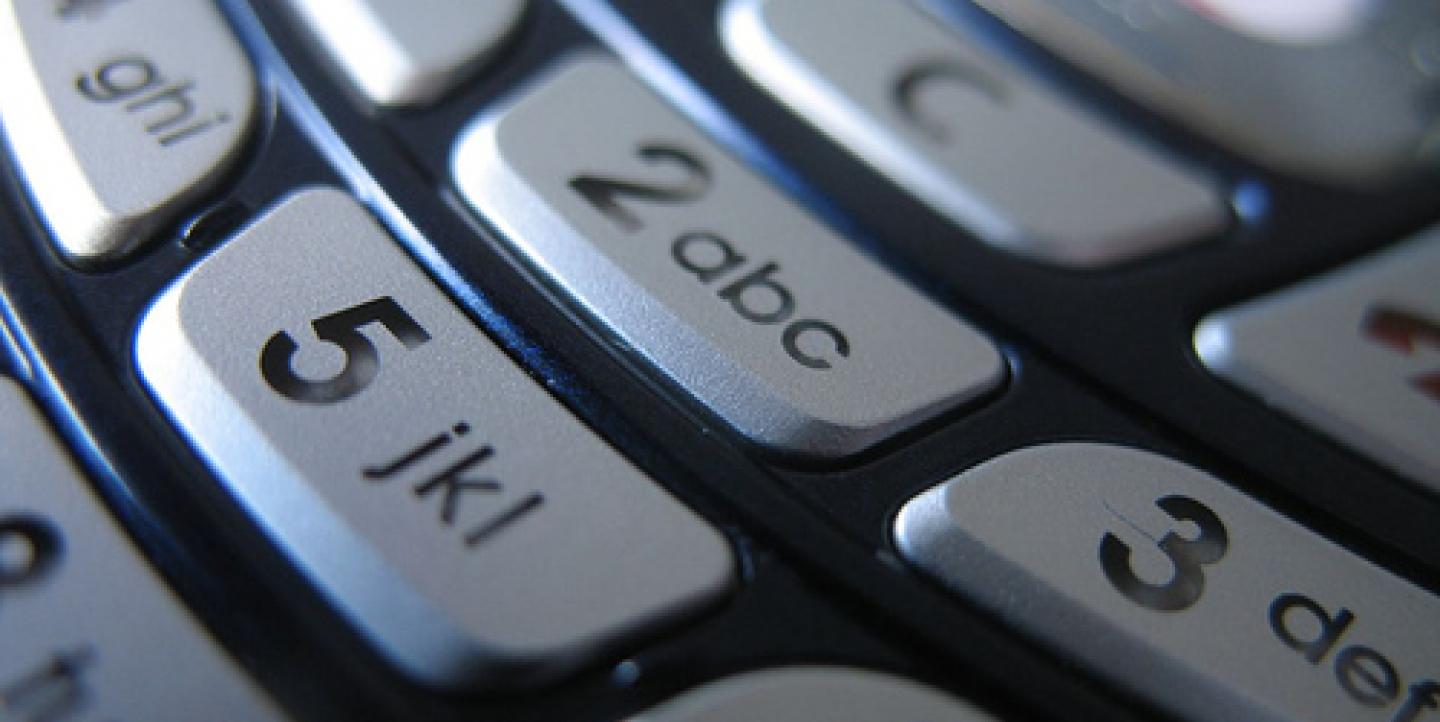The mobile phone has become the global reporter's best friend for reporting in a pinch. Here's how journalists from the BBC and Reuters are using smartphones as reporting tools.
BBC and Reuters have embraced the mobile technology revolution in their newsrooms, outfitting their mojos - mobile journalists - with tools and tips for speedy, efficient and low-maintenance reporting.
The Center for International Media Assistance highlighted these tools in its recent report, "News on the Go: How Mobile Devices are Changing the World's Information Ecosystem." You can read the complete report in .PDF here.
Here are IJNet's main takeaways for mobile journalists:
-
For live broadcasts from the field, use Qik. This software captures 3D or HD video that can be shared as you're recording, or uploaded later to social media sites. Mobile video chat is also an option.
-
For radio interviews or recording ambient sound for your broadcast, Audioboo is a mobile and web platform that enables you to record and share audio for up to three minutes for free.
-
Use chargers that rely on solar power like the Powermonkey Explorer used in Senegal during a Reuters/Nokia collaboration. Wireless technology can keep your phone charged when reporting in off-the-grid environments.
-
Use mobile phones with metadata facilities, features that will automatically document the logistics of a story - GPS location, time, date and more.
- A few extra tools to keep in the mojo bag include a tripod, folding Bluetooth keypad, a microphone and a digital pen that records conversations and matches the audio with written words.
Here are more tips from a recent seminar on reporting with an iPhone.

